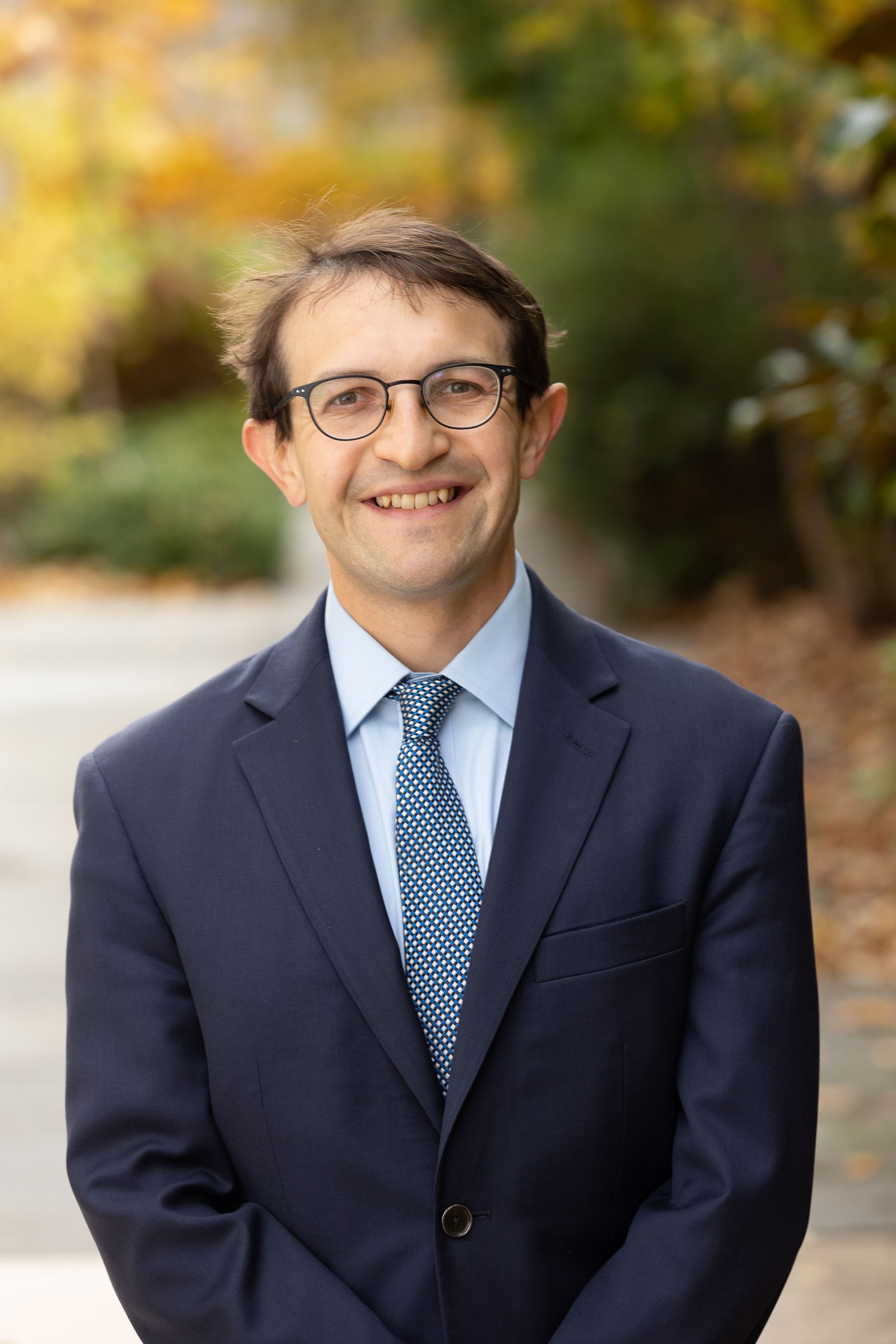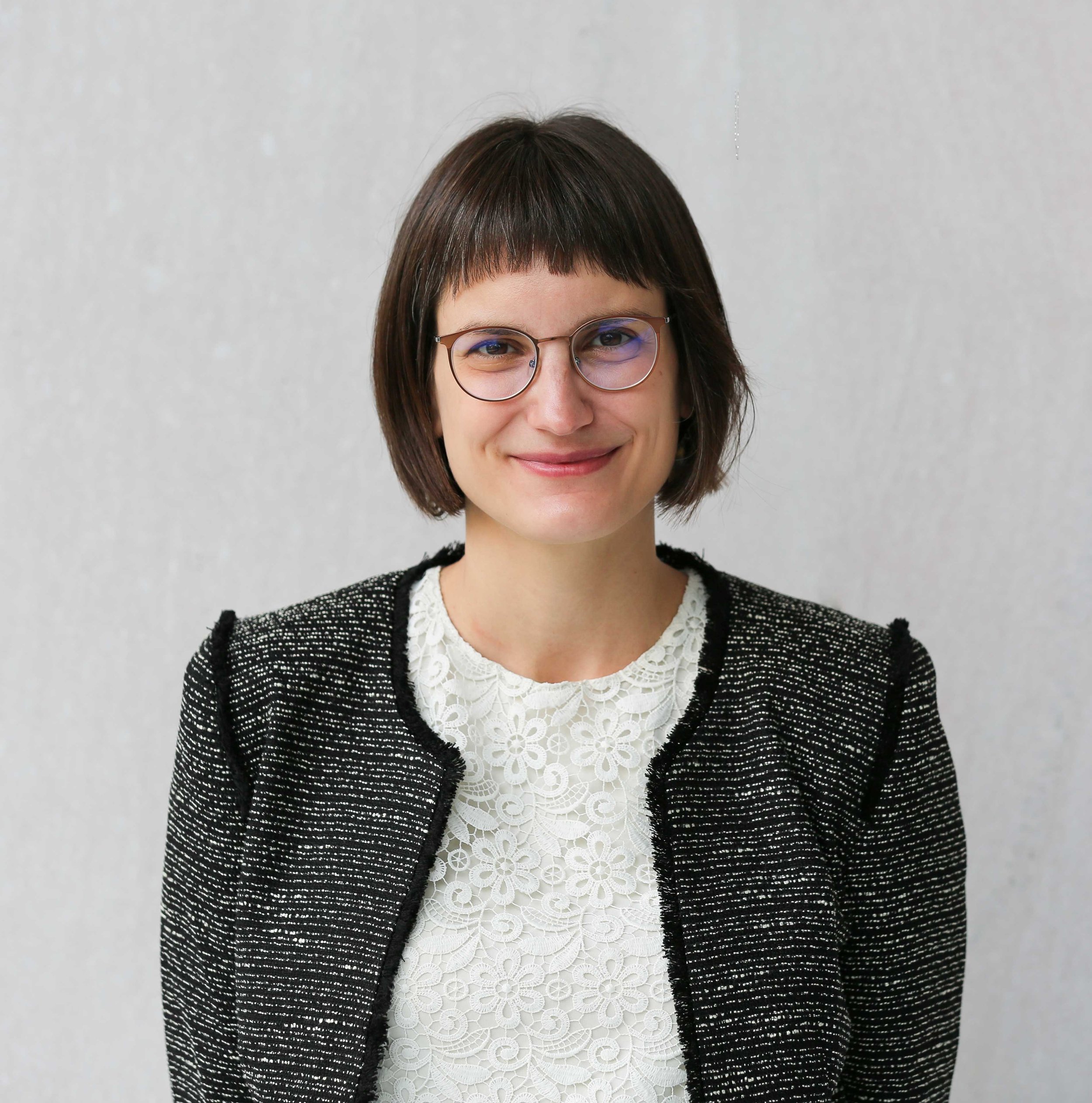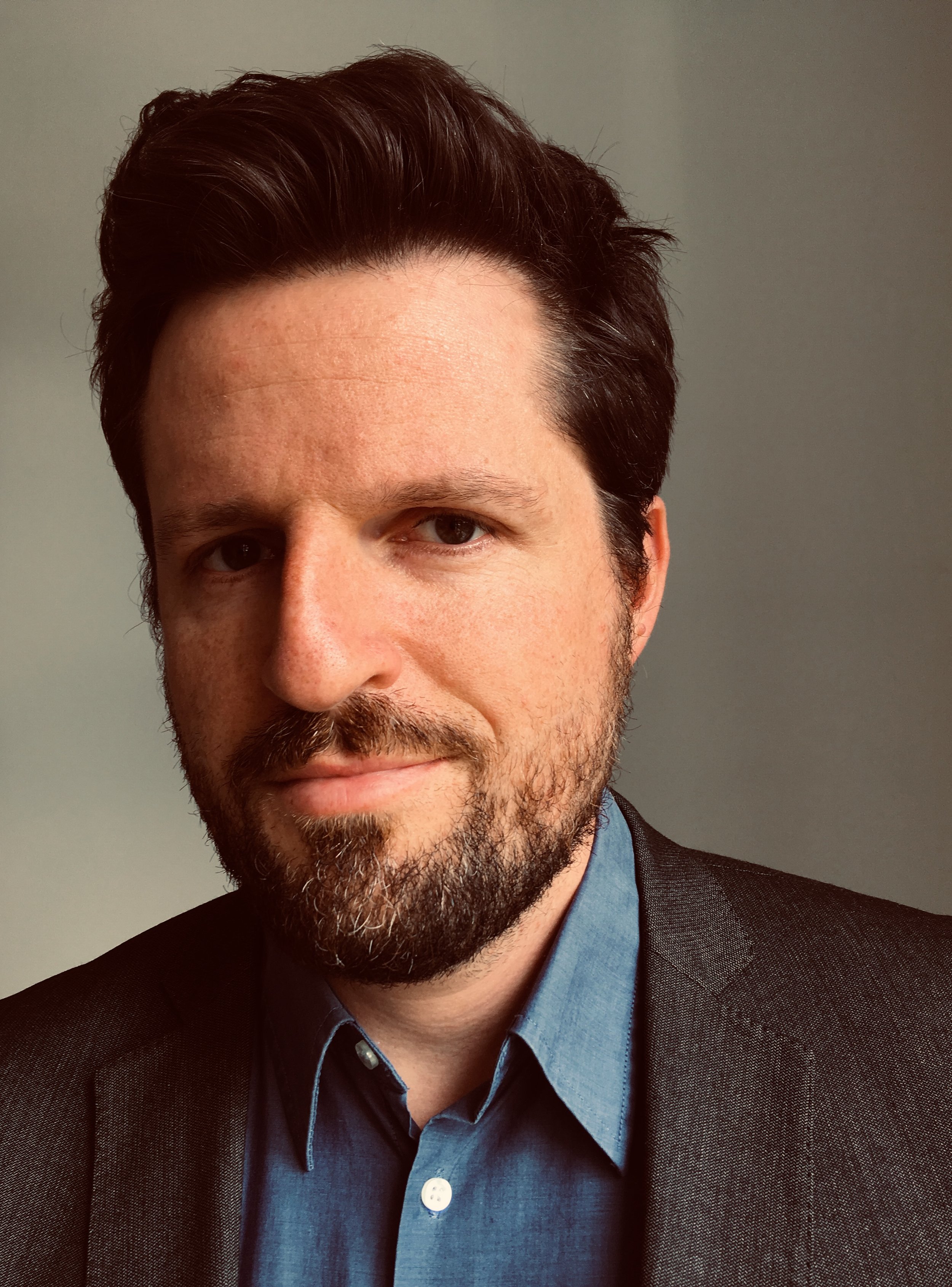Wind and Wires: China Tests Europe’s Lead in Wind Power and 5G
In the shadow of US-China rivalry, Europe is often overlooked in the global race to lead in critical and green technologies. While Europe lags in some new and emerging technologies, in other critical industries such as wind power and telecommunications, several European nations lead the way. Join us in this educational program to learn about European leadership in wind power and 5G technology and the rising challenge from Chinese competition. Our experts will also dive into China’s exposure to ecological and technological risks.
Thursday, August 11 at 10 AM EDT | Online
Registration Required: REGISTER HERE
This educational program is developed in partnership with the Hinrich Foundation. The Association of Foreign Press Correspondents (AFPC-USA) is solely responsible for the content of this educational program.
In this educational program, three distinguished guest lecturers will share insights:
Dr. Luke Patey is a senior researcher at the Danish Institute for International Studies and Lead Senior Research Fellow at the Oxford Institute for Energy Studies, University of Oxford. He is author of How China Loses: The Pushback Against China’s Global Ambitions (Oxford University Press, 2021). His work focuses on the intersection of China’s trade, investment, and finance with its foreign and security policy. His articles have appeared in The New York Times, Financial Times, The Guardian, The Hindu, Foreign Affairs and Foreign Policy. He holds a doctorate and MSc from the Copenhagen Business School and a bachelor degree from Queen’s University. Patey’s last book was The New Kings of Crude: China, India, and the Global Struggle for Oil in Sudan and South Sudan (Hurst, 2014).
Ilaria Mazzocco is a fellow with the Trustee Chair in Chinese Business and Economics at the Center for Strategic and International Studies (CSIS). Prior to joining CSIS, she was a senior research associate at the Paulson Institute, where she led research on Chinese climate and energy policy for Macropolo, the institute's think tank. She holds a PhD from the Johns Hopkins School of Advanced International Studies (SAIS), where her dissertation investigated Chinese industrial policy by focusing on electric vehicle promotion efforts and the role of local governments. She also holds master’s degrees from Johns Hopkins SAIS and Central European University, as well as a bachelor's degree from Bard College.
Originally from Louisville, Kentucky, Scott Moore is a political scientist, university administrator, and former policymaker whose career focuses on China, sustainability, and emerging technology. As Director of China Programs and Strategic Initiatives at the University of Pennsylvania, Scott Moore works with faculty members from across the University to design, implement, and highlight innovative, high-impact global research initiatives in areas including sustainability and emerging technology. Dr. Moore directs Penn Global’s four research and engagement fund programs, including those designed to support faculty-led projects in China, India, and Africa as well as its At-Risk Scholars Program. In addition, Dr. Moore conducts research as an affiliate of the Center for the Study of Contemporary China and The Water Center at Penn, and teaches in the Department of Political Science. His first book, Subnational Hydropolitics: Conflict, Cooperation, and Institution-Building in Shared River Basins (Oxford University Press, 2018), examines how climate change and other pressures affect the likelihood of conflict over water within countries. His latest, China’s Next Act: How Sustainability and Technology are Reshaping China’s Rise and the World’s Future (Oxford University Press, 2022), explores how shared ecological and technological challenges force us to re-envision China’s rise and its role in the world. Prior to Penn, Dr. Moore was a Young Professional and Water Resources Management Specialist at the World Bank Group, and Environment, Science, Technology, and Health Officer for China at the U.S. Department of State, where he worked extensively on the Paris Agreement on climate change. Before entering public service, Dr. Moore was Giorgio Ruffolo Post-Doctoral Research Fellow with the Belfer Center for Science and International Affairs at Harvard University. He was also awarded the Council on Foreign Relations International Affairs Fellowship, the National Committee on U.S.-China Relations Public Intellectuals Program fellowship, the Fulbright fellowship, and the Truman Scholarship. His research and commentary on a wide range of environmental and international affairs issues has appeared in a range of leading scholarly journals and media outlets, including Nature, The China Quarterly, Foreign Affairs, and The New York Times. Dr. Moore holds doctoral and master’s degrees from Oxford University, where he was a Rhodes Scholar, and an undergraduate degree from Princeton.
Patricia Vasconcellos
This educational program will be moderated by Patricia Vasconcellos, the US correspondent for Brazilian TV network SBT. Patrícia began her career as an anchor in 2001 before joining SBT in 2008. As a Latin American correspondent, she covered South and Central America for six years. Now based in Washington DC, Patrícia covers the White House, American politics, economy and current affairs. Her documentary about the 2020 BLM protests and police response “Curfew in NYC” received multiple awards including best short film from New York Film Awards and best director for short films from New York International Film Awards. Patrícia is a jury member of New York Movie Awards 2022 and served as a Grand Jury member for the New York Festivals TV & Film Awards 2022. In 2021 she won the Professional Excellence Prize Award from the Association of Foreign Press Correspondents in the U.S. Patrícia is a recipient of the Chevening Award, a scholarship funded by the British Foreign and Commonwealth Office to outstanding emerging leaders from all over the world. She gained her Master´s in TV Journalism from University of London.





